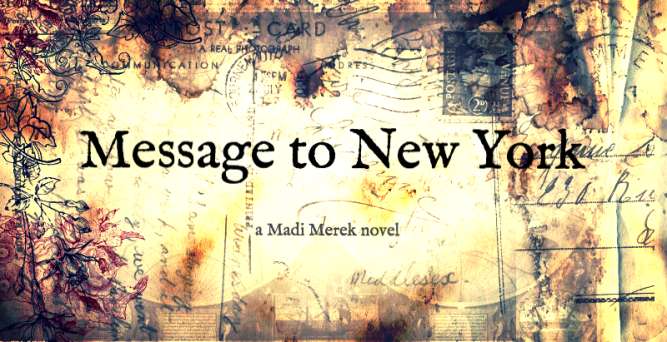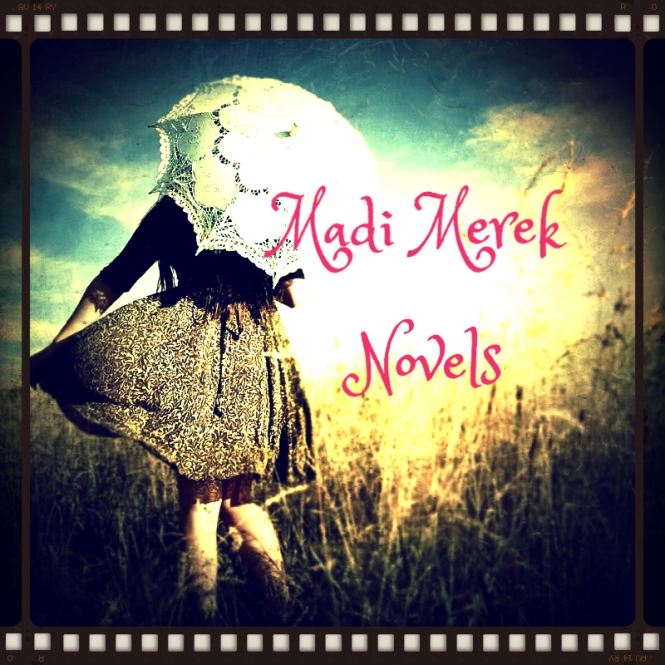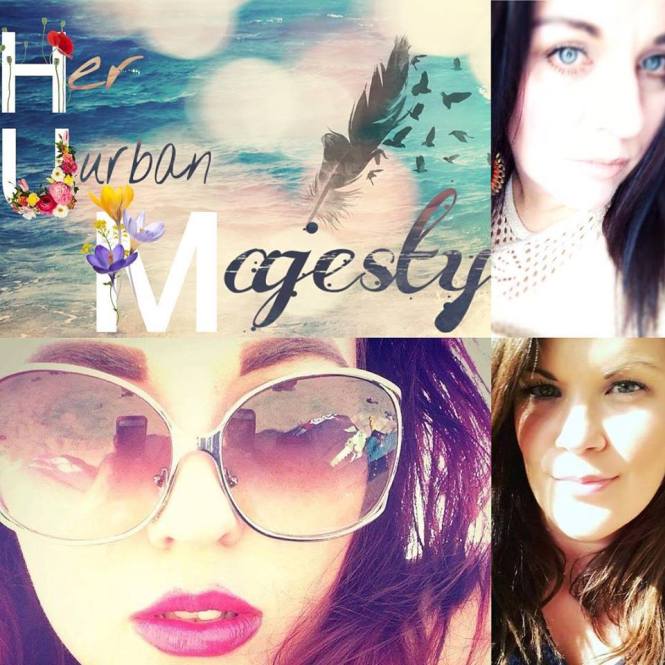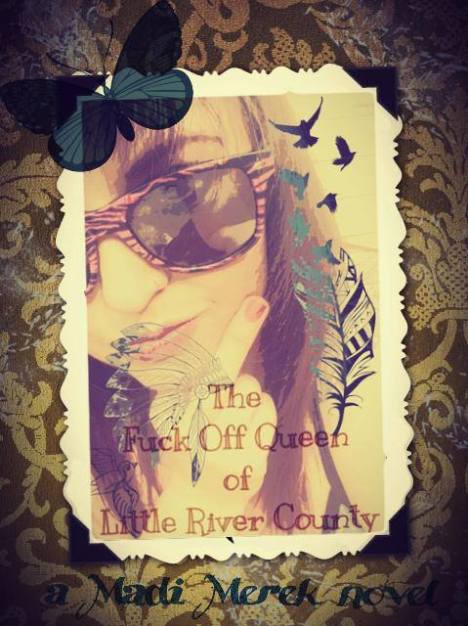
Prologue
1944
She spent her nights concealed under cotton quilts, hiding from the devils in the corners of the room and begging the sun to rise and vanquish the evil from her memories. But it never left her thoughts; when the daylight was at its brightest, beaming through her windows, the panes of her soul were dark as night.
The silence was as bad as the dark, where every shifting shadow was a Gestapo officer ready to rip him from her dreams, the only place he stayed safe and warm and fed. They’d already stolen him from her once; why did they insist on returning night after night to do it all over again? She hadn’t been able to save him; no matter how much they fought fate, taking up arms against the gods of providence, it had taken him.
With the dawn, she’d awaken from restless sleep to an empty, cool pillow beside her, a reminder of both love and failure, and fall into the routine she knew. Dress, eat, work, eat, home, eat. The romance of life dashed away with the laborious tasks of typing and filing and filling coffee cups.
On and on, her days went as such, the habitual life of a heartsick woman. Until the day came when she planned her own destruction—a cyanide pill and a knife awaited her on the blue and green bed quilt. She’d fall to her own hands and join her love in the dark forever which lay beneath her feet. But, on that day, she found the thing she’d been seeking the past five years. His name was there, her eyes drawn to it like a compass needle to the north. She wasn’t meant to see it, wasn’t meant to find out.
She’d seen Linz, witnessed the stench and the eery quiet of death and hopelessness, and knew Dachau would be no different. But he hadn’t died there. He was alive. Alive! She pushed back from the desk, and the papers scattered in a tornado flurry of white and ivory as she rushed to the relay operator.
“I must get this message to New York right away.” Her voice shook with trepidation. There was no time to spare. She’d received word of his release from Dachau, but each passing moment as a Jew in Europe was another in which he could be destroyed.
Part One: Memoirs of Regrets, Bubbly, and Rubies
1
July 4, 1937
Beverly Hills, California
In life, there are monsters on doorsteps, creatures hiding in the shadows, waiting for moments of weakness to strike. When those times come, we wonder if they might be what we need and throw rose petals for the things we fear most, welcoming the monsters, for perhaps they can control our lives where we cannot. What do we do with those creatures once they morph back into their demon form? Do we fight back? No, we allow them jurisdiction and possession of our souls because we know they’re stronger. We are human; it is our nature.
Virginia Franc changed that. She broke the mold of expectations, flipping truths on their heads, and ascending to her place as the ingénue queen of her universe. For what she lacked in knowledge of life and the truths of suffering, she made up for with vigor and stubbornness.
From her earliest moments, times spent with friends, playing on the lawn while their parents worked, to stolen kisses by the wood shed with Tommy Pierce, her first love, before he died of typhoid fever when they were teens, she knew what she wanted in life: Freedom. Women were limited most all times, but not her. She’d sworn to herself to rise above it all and take wings like the skylark. She had the innate knowledge she was meant to soar somewhere grand in her life, a mighty wonder.
She was a woman of choices, confident in every decision she’d made in her twenty-two years, including the mistakes and infractions she’d committed. Pride surrounded her young life; she’d always been praised and exalted for the smallest of accomplishments. She was strong, assured, firm and felt unmoved by those around her. Until him.
He was her first regret.
*
“You’ve no need of an economics degree, Virginia,” Jack spoke around the cigarette hanging from his lips before lighting the hand rolled dried leaves. It left a biting odor in his mustache, permeating his skin and hers whenever he touched and kissed her. He inhaled deeply, watching her nose wrinkle in disgust, and exhaled long and slow, sending a plume of smoke dancing across her face like a sooty ballerina.
“Was that necessary?” she asked, coughing against the sting in her eyes and throat. “You know how I detest that nasty habit.” He didn’t acknowledge her scolding, but his gaze slipped down the satin and lace of her dress, and she knew his hands would follow.
“I like this color on you, Virginia,” he drawled, pulling his cigarette between his fingers and running his hands along the curves of her hips and up over her round breasts—the brazen beast in him proving her right. “You look like a juicy peach. I might have to eat you later.” The innuendo rang thick in the air, and her pale cheeks flushed as blood dashed toward the surface, singing as though a cabaret flowed in her veins.
“Mind the way you speak to me tonight, Jack, and don’t you dare get any of that ash on this dress,” she demanded. “And I told you not to call me that. I haven’t gone by my full name since grade school.”
His grin was villainous, the kind written about in screenplays, staining the handsome face and cool façade he kept in firm place. Except with her. With Virginia, Jack Marshall let down the mask and became his true self—the manipulator, the wicked lover who’d mastered her body like the lines of his movies and brought her tumbling back to the dirt as soon as he’d finished. He was, alas, a performer, treating public moments with her as though he were in front of the camera, and every private one in a war of words and battle a for dominance.
When she turned her back to him, he reached up, gripping her bicep with bruising force in the practiced spots he knew would be covered by her clothing, and slammed her back against his chest.
“You’re no lady, baby. And I still don’t know why it’s necessary that you insist on going to school. College isn’t for women,” he seethed in her ear, hot, tarred breath wrapping around her neck as his fingertips dug into her arm. As usual in their private moments, there was no veil to hide the misogynist within him. “Do you think me incapable of taking care of my wife?”
“We aren’t married—”
“Yet,” he cut in with a scathing force meant to put her in her place and keep her there. He’d forgotten or ignored the plain fact that Virginia Franc was a force of nature—a fire which once lit could bring a majestic forest to its ashy knees.
The front door swung open, squeaking on its hinges and screaming in protest of being forced to shift its heavy weight. “Are you two quite done?” Mabel O’Hara stood with her hands planted on her slender hips, as much a power to be reckoned with as her daughter, but her parents had never witnessed anything but Jack’s play-acting.
Ginny’s mother had been encouraged to keep her Anglo-Saxon surname and drop her husband’s German one when she made it in Hollywood after the Great War. She’d learned the acting ropes in the silent era, and relearned them again for the talkies. Unlike her close friend, Norma Talmadge, whose Brooklyn accent had damaged her starlit fame, Mabel had transitioned between the changing types of silver screen films with success, thanks to her Colorado birthplace where people lacked the drawl of Southerners or the brogues from the Northeast. The woman was the inferno from which Ginny’s fire was birthed.
“Ginny?” her father, Arnold Franc, called from the vestibule. He’d always called her by his favorite drink, for her name fit it so well. Mabel and Arnie had spent prohibition making bathtub gin with their Hollywood friends, and gracing Los Angeles speakeasies with their fame while their little girl stayed home with her grandmother. Arnie, a newspaper man, had used his wife’s early earnings to build up a successful paper, but neither was bitter about the fact. The station he found himself in life was a blessing from where he’d come.
His parents immigrated to the United States from Munich, Bavaria when Arnie was an infant, leaving behind the Kaiser and the politics of the European royals for a life of freedom and hope. Arnie’s mother, Elsa, raised him and his six siblings in a two bedroom apartment in New York City while his father, Rudolf, worked in a textile factory. Arnie joined him there as a boy, working long hours in the humidity with dangerous machinery and witnessing his young coworkers sacrificing appendages and lives to the gods of industry.
After the war, Arnie came home to America from fighting his fatherland, moved his young wife and three-year-old daughter to Los Angeles, and took it upon himself to help reinvent the German-Americans, beginning with his own daughter and ending with his paper. She was raised to speak English and German fluently, and he’d trained her up to be a bright, fierce girl, full of passion and opinions. “No one will walk on you if you stand tall,” he’d always told her.
And tall she stood, firm and rooted, grounded to the knowledge of who she was. “Jack doesn’t think I should attend college,” she told her father, whose face screwed up into a scowl. Jack stamped out his cigarette and squeezed his knuckles into a tight fist. It was well known that the Franc patriarch insisted his daughter get an education. Ginny smiled up into her father’s fierce gray eyes, which matched her own, as she smoothed her dark golden hair and refastened a loose bobby-pin. “But we’re done here. Let’s into the party.” Mabel stepped aside and the world rushed down upon Ginny: the ringing of the house phone, the trumpets blasting from where the orchestra set up in the back yard, and the press of Jack’s hand on her lower back, ushering her into the enormous house.
The walls were dark mahogany, and the floors marble. This wasn’t the home she’d grown up in. That was much smaller, a little bungalow where she’d spent her days on the plush lawn or sipping lemonade on the front porch beside Grandma Elsa and waiting for her mother and father to return home from work. The Francs had purchased the sprawling Hollywood mansion three years earlier, after Mabel played the captivating role of a mobster’s mother in a film that received an Academy Award nomination for Best Picture. The gangster was played by Jack, whose disarming charm had captured Ginny from the time they first met on the set.
She was only nineteen at the time, fresh out of high school and working as an extra in films her mother starred in. Jack had dressed her up in purple silk, draped her in rubies, and escorted her to the Oscars as his date. It Happened One Night took the 1934 Oscar for Best Picture, and Jack took Ginny’s virginity, as red as the rubies he’d made her wear while he broke her flesh, in an upper room at the Biltmore Hotel. He was older, experienced, and looking for a nice girl to bring propriety to his playboy lifestyle. He thought he’d found that in Ginny, but he hadn’t bet on her being as independent and feisty as she was. Ginny played along for the public so as not to damage her parent’s reputation, but she made certain to keep Jack on his toes everywhere else.
They made their way to the back patio, Jack guiding her like the elegant gentleman they pretended him to be, and Ginny snatched a flute of champagne off a silver tray from a passing waiter. It shimmied down her throat, dancing into her belly with the wings of fairies. She’d need the bubbles tonight to help her float high above the palm trees, beyond the Hollywoodland sign, and up into the Los Angeles sky, left starless by the lights surrounding them all.
Chinese paper lanterns were strung between the trees, glowing and casting ghostly shadows over the couples, and a dance floor had been erected in front of the makeshift stage which held the orchestra. They were playing a jazzy piece, soothing Ginny’s frustrations with bright notes from the saxophone and thrumming from the bass until Jack stopped to pull the champagne out of Ginny’s hand and spun her into a close dance. He held her much too intimately for the public setting, his hand clasped against the slight curve of her backside and their thighs pressed together until there was no room for air or whispers of breath in between. Jack refused to be insulted or embarrassed by her again, and he’d prove his point by swaying there with her on the fine line between proper and indecorous.
Jack’s family had become so lost in the annals of Americana, they no longer knew where to trace their ancestry. He’d been raised by a drunkard, Okie farmer who’d taken his family on a 1932 trek across the destroyed plains to the oasis of California’s endless harvest. His mother died of dust pneumonia along the way, and they buried her under a willow in Texas. Jack had often mentioned with heavy bitterness that his mama ended up feeding that tree while he had to learn to feed himself.
Jack had been a lightweight boxer in the little town of Goodwell back when the Dust Bowl rolled across the Oklahoma panhandle, and he was known for his knockout left hook. He was lucky his nose had never been broken—the film executives preferred their actors to be as beautiful as their leading ladies. He left his daddy and two younger brothers to work Oxnard the lima bean fields without him, while he sought his fortune in the City of Angels. The producer who’d discovered him four years ago as he drank a heavy dose of bourbon on a barstool all alone, hadn’t noticed the distaste for others curdling in Jack’s damaged soul; his handsome face had been his saving grace. Jack struck it big when he starred in a film opposite Greta Garbo six months later.
He was everything perfect in a leading man, though the dust of his Okie life remained, clotting his veins and blackening his heart toward those around him; no matter the training Hollywood gave him, the Okie was inside him, and he’d forever be a dusty soul on the silver screen. They could dress him up, refine his outer appearance until they were blue in the face, but it wouldn’t change him.
Never a hair out of place, Jack wore it slicked back with oil and a little black curl twisting down to kiss his forehead, and his jaw was always clean shaven. The mustache gave him an air of sophistication that his simple brown eyes would’ve otherwise belied. He’d drawn Ginny in like a moth to a flame, and whenever she thought she wanted out, his magical fingers and tongue and whanger would make her forget all her doubts. He held that mystical manifestation of testosterone laced manipulation about him.
Ginny glanced about with pointed force, hoping to dissuade any curious onlookers from staring too long at their intimate dance, but guests watched with narrowed gazes and ogling eyes. Mabel looked on with a straight face, giving nothing away, and nodded toward the side of the house where Arnie stood, speaking to a couple men in drab brown suits and matching fedoras. As though he could feel Ginny’s eyes boring into his back, her father turned around, his face laced with anxiety. She couldn’t have known then the anxiety was not about Jack’s overfamiliarity, but for herself and something much deeper.
“Jack, you’re drawing their attention,” Ginny said, furrowing her brow and turning back to her date to give him a subtle push to put distance between them.
His chuckle was dark and daunting in its sexy timbre. “Let them look. Then, they’ll know you belong to me.”
“I belong to no one, Jack Marshall,” she seethed. “I’ve reminded you of this plain fact at least three thousand times in our years together.” Her hand tingled with an ache to slap his face, an electricity that often built up between them until it became a full-blown war, and a blush radiated beneath her dress, a different kind of craving all together. He was her deepest regret and her most carnal desire, a disquieting contradiction.
Then, as though the gods mocked her for believing she could be her own woman in this world of convention, he dropped to his knee.
The music cut off, sending slicing silence through the air, and Ginny stared down at a black box he extended toward her and the enormous ruby and diamond ring nestled snug and secure, challenging in that single moment everything she wanted to be. It laughed at her with its red eye looking up to her from the black velvet like Satan from hell. She clenched her fists and forced a tight smile.
“What in hell’s name are you doing?” Her voice was quiet but steady through gritted teeth, a whisper which would have torn skin from the bones of a lesser man. Of course, she knew the answer, for it had been written on his face many days, playing on his lips whenever they’d spoken. The hints, the snide remarks about making her his bride, they all added up in disastrous fashion to this moment.
“Virginia Franc,” he began, amplifying his bass voice so it carried throughout the party. “You’ve made me a new man, showing me what love is capable of.” Ginny glanced to her mother to see only a look of insouciance and narrowed eyes. “Marry me, Virginia?”
She’d always hated rubies.

© Madi Merek, 2014
My work is my own, born of my brain and fingertips—do not duplicate.


![es·cape [ih-skeyp] verb (used without object), es·caped, es·cap·ing. 1. to slip or get away, as from confinement or restraint; gain or regain liberty: to escape from jail. Synonyms: flee, abscond, decamp. 2. to slip away from pursuit or peril; avoid capture, punishment, or any threatened evil. 3. to issue from a confining enclosure, as a fluid. 4. to slip away; fade: The words escaped from memory. 5. Botany . (of an originally cultivated plant) to grow wild.](https://themadimerek.files.wordpress.com/2014/04/8v8zybcs-jpg-small.jpeg?w=740&h=492)
![frol·ic [frol-ik] noun 1. merry play; merriment; gaiety; fun. 2. a merrymaking or party. 3. playful behavior or action; prank. verb (used without object), frol·icked, frol·ick·ing. 4. to gambol merrily; to play in a frisky, light-spirited manner; romp: The children were frolicking in the snow. 5. to have fun; engage in merrymaking; play merry pranks.](https://themadimerek.files.wordpress.com/2014/04/10173438_865571041976_1353004623_n.jpg?w=665)